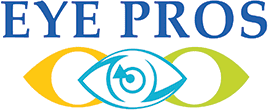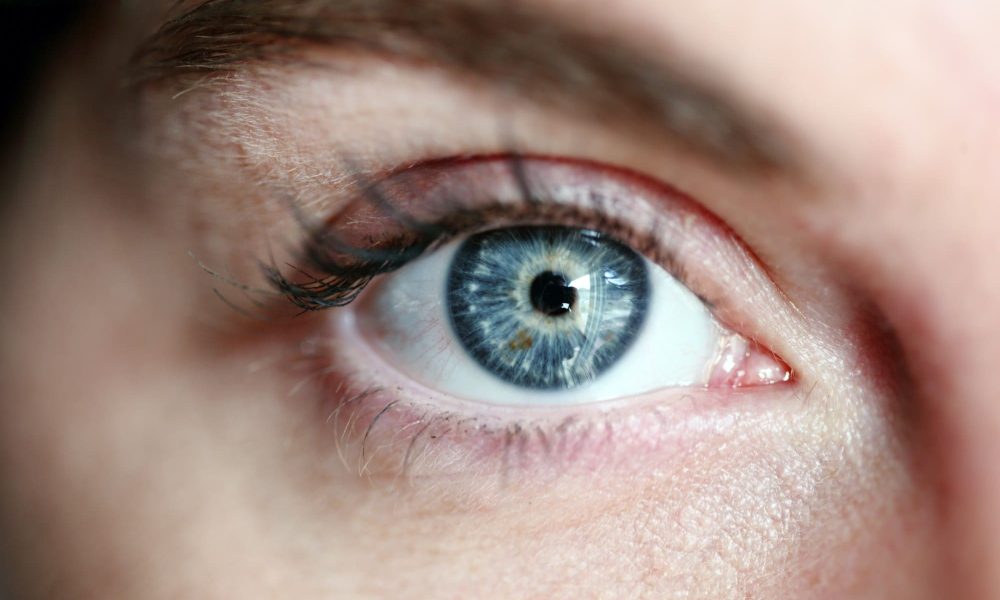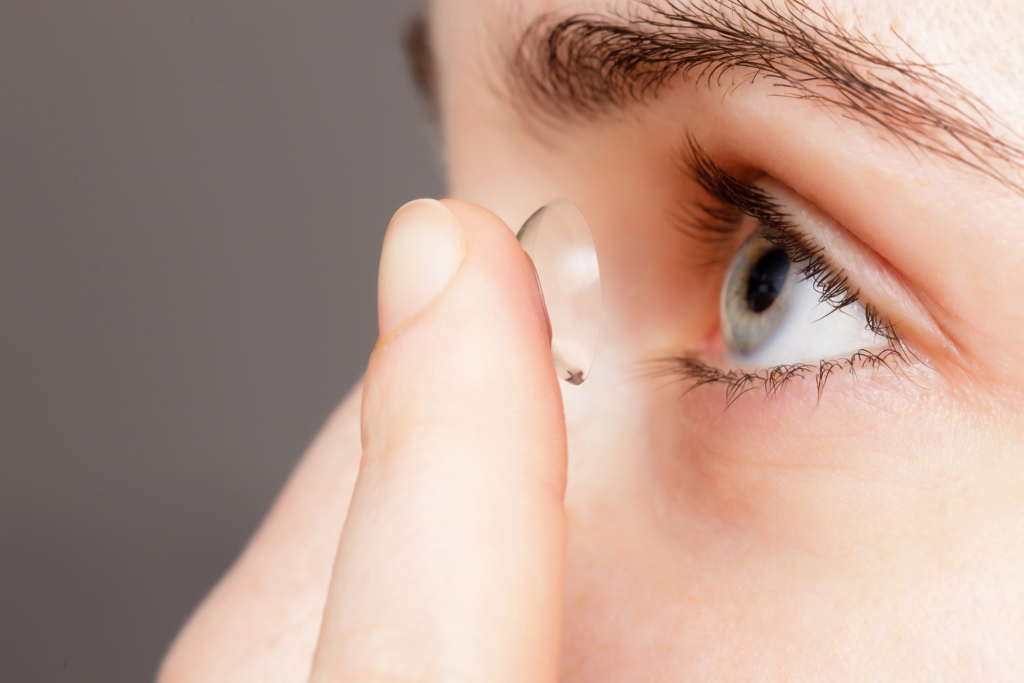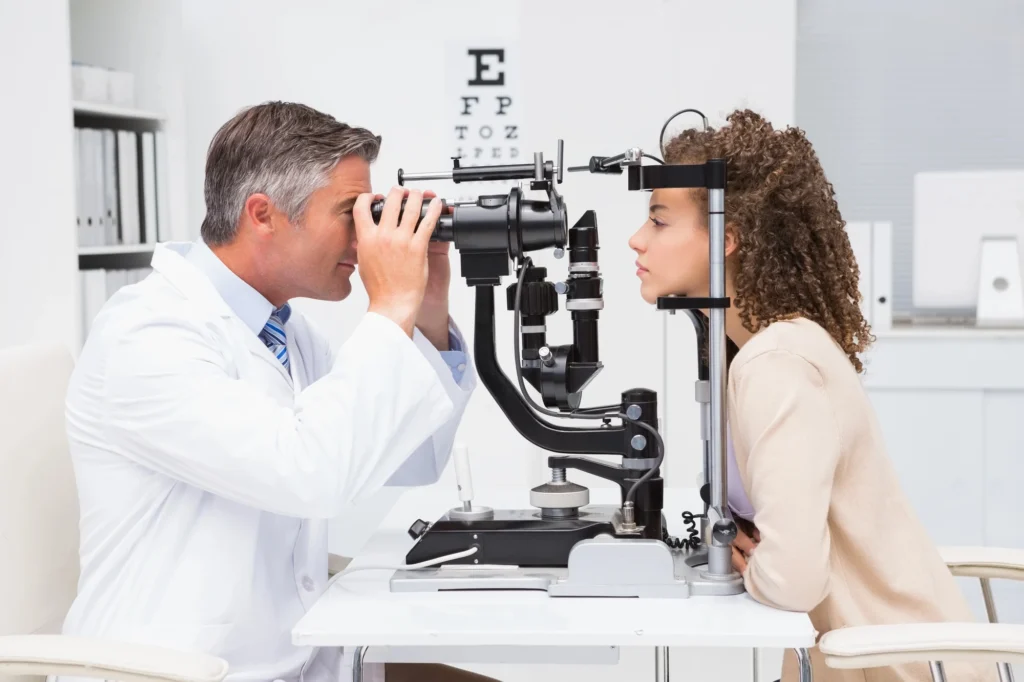It’s all too easy to take our eyesight for granted. But did you know that around 93 million adults in the US are at high risk for serious vision loss? Of these people, only around half visited the eye doctor in the last year.
Although many of us wear glasses or corrective lenses, we might not give our eye care much thought until something goes wrong. Blurred vision can be the first sign that you’ve got an eye disorder that needs urgent investigation.
Let’s take a closer look at the causes of blurred vision and how you can get help.
What Is Blurred Vision?
Blurred vision refers to the inability to see objects clearly. It can occur in one eye or both and may affect your entire field of vision or just parts of it, such as the peripheral vision. When your vision is blurred, objects appear out of focus, making it difficult to recognize faces, read, or see details.
Blurred vision can be temporary or long-term, and it’s important to understand the underlying causes to address it effectively.
Common Causes of Blurred Vision
Several factors can cause blurred vision. Here are some of the most common ones:
- Refractive Errors: Nearsightedness, farsightedness, and astigmatism are common refractive errors that cause blurred sight. These issues are usually correctable with glasses, contact lenses, or laser eye surgery.
- Presbyopia: As we age, the lens of the eye becomes less flexible, leading to presbyopia, which makes it difficult to focus on close objects. This typically starts around age 40 and is a normal part of aging.
- Cataracts: A cataract is a clouding of the eye’s lens, often leading to blurred vision. Cataracts usually develop slowly and can be treated with surgery to restore clear vision.
- Glaucoma: This condition is caused by increased pressure in the eye, leading to damage to the optic nerve. Glaucoma can lead to blurred vision and, if untreated, can cause permanent vision loss.
- Macular Degeneration: This age-related condition affects the central part of the retina, leading to loss of central vision and blurred vision. It primarily affects people over 50.
- Diabetic Retinopathy: High blood sugar levels can damage the blood vessels in the retina, leading to blurred vision. Regular eye exams are crucial for people with diabetes to detect and manage this condition early.
Why Does My Eyesight Suddenly Go Blurry?
Sudden blurring of vision can be alarming and may indicate a serious underlying condition. Here are some potential causes:
- Eye Infections or Injuries: Infections such as conjunctivitis or injuries to the eye can cause sudden blurring of vision.
- Migraines: Retinal migraines can cause temporary vision loss or blurring in one eye. This can be accompanied by headaches and dizziness.
- Detached Retina: A detached retina is a medical emergency where the retina pulls away from the back of the eye. This condition can cause sudden, severe blurring of vision.
- Stroke: A stroke affecting the part of the brain responsible for vision can cause sudden blurring of vision, often in one eye, along with other symptoms like dizziness, slurred speech, or weakness on one side of the body.
If you experience sudden blurring of vision, it’s essential to seek medical attention immediately to rule out serious conditions.
Can Blurry Vision Go Away?
Blurry vision can go away, depending on the underlying cause. For example:
- Temporary Blurring: Blurring due to fatigue, lack of sleep, or exposure to bright lights can improve with rest or by addressing the specific trigger.
- Corrective Measures: Blurring due to refractive errors like nearsightedness or astigmatism can be corrected with glasses, contact lenses, or surgery.
- Medical Treatment: Conditions like cataracts or glaucoma may require medical or surgical intervention to improve vision.
In some cases, especially with chronic or progressive conditions like macular degeneration, the blurring may not completely go away, but early intervention can help manage symptoms and slow progression.
Can Lack of Sleep Cause Blurry Vision?
Yes, lack of sleep can cause blurry vision. When you don’t get enough rest, your eyes don’t get the time they need to rejuvenate. This can lead to eye strain, dry eyes, and a general blurring of vision. Fatigue can also make it harder for your eyes to focus, contributing to blurred sight.
If you experience blurred vision along with dizziness and headaches, it might be a sign that your body needs more rest. Ensuring you get adequate sleep can help improve your vision clarity.
How to Fix Blurry Vision Naturally
While some causes of blurry vision require medical treatment, there are natural ways to help improve your vision:
- Eye Exercises: Regular eye exercises can strengthen your eye muscles and improve focus. Simple exercises like shifting focus from a near object to a distant one can help.
- Adequate Sleep: Ensuring you get enough sleep each night is crucial for maintaining clear vision. Aim for 7-9 hours of quality sleep to allow your eyes to rest and recover.
- Proper Hydration: Dry eyes can lead to blurring of vision. Drinking enough water helps keep your eyes hydrated and can reduce dryness.
- Healthy Diet: A diet rich in vitamins A, C, and E, along with minerals like zinc, can support eye health. Foods like carrots, spinach, kale, and fish rich in omega-3 fatty acids are excellent for maintaining clear vision.
- Regular Breaks: If you spend long hours in front of a screen, make sure to take regular breaks to reduce eye strain. The 20-20-20 rule (looking at something 20 feet away for 20 seconds every 20 minutes) can help.
When to See an Eye Doctor
It’s important to consult an eye doctor if you experience any of the following:
- Persistent blurry vision that doesn’t improve with rest
- Blurred vision in one eye
- Blurring of vision accompanied by dizziness or headaches
- Sudden changes in vision, including flashes of light or dark spots
Early diagnosis and treatment can prevent more serious complications and help maintain your eye health.





